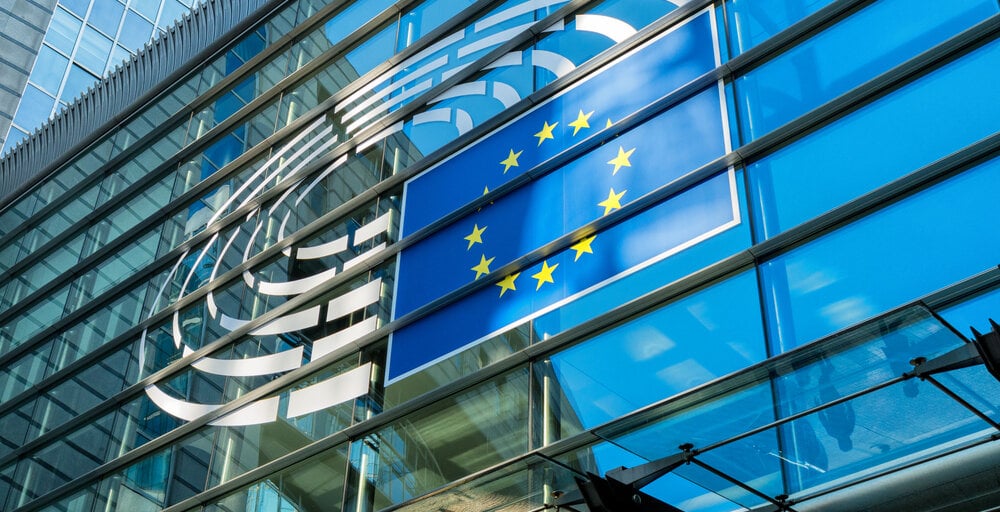The potential for regulatory arbitrage and the decentralized nature of certain crypto assets underscore the need for some level of harmonization in regulation across major jurisdictions, argues a new report published by the European Parliamentary Research Service (EPRS).
The report’s recommendations include enhanced oversight from non-European Union (EU) regulators to ensure greater stability and development in the global cryptocurrency market.
The report also highlights concerns about various channels through which the EU’s financial system and autonomy may still be at risk, particularly as it remains reliant on policy actions taken by non-EU countries within the scope of the Markets in Crypto-Assets Regulation (MiCA)—the EU-wide regulatory framework for crypto assets that is set to be implemented in December 2024.
“Current regulation in non-EU countries raises questions about financial stability, since the global financial institutions may be unable to cope with large price variations –volatility – and the losses incurred by shocks in crypto-asset markets,” the report stated.
The authors also pointed to the “interconnectedness of global financial markets,” which—along with the potential for regulatory arbitrage and the decentralized features of certain cryptocurrencies—”do create the necessity for a degree of convergence in regulation between key jurisdictions.”
Crypto assets regulation divergence
One key focus of the report is the regulatory landscape in the United States, which it describes as “fragmented” due to the lack of a federal-level crypto-asset regime.
The latter “allowed substantial divergence among states, which have adopted a variety of regulatory approaches,” reads the paper.
One such example is the State of New York, which in 2015 introduced the so-called “BitLicense” in 2015, requiring cryptocurrency exchanges to share in-depth information about their operations with the state’s Department of Financial Services and to fulfill “Know-Your-Customer” (KYC) requirements.
As a result, several major crypto companies, including ShapeShift and Kraken, opted to stop serving New York residents and curtail their operations within the state.
“At the other end of the regulatory spectrum, the State of Wyoming sticks out as a ‘crypto-friendly’ state, opting for a beneficial legal status for blockchain technology firms in the form of ‘decentralized autonomous organizations’, a type of limited liability company, and enabling banks to provide blockchain-based services,” added the report.
The UK, the EU and crypto
Other jurisdictions cited by the paper include the United Kingdom, which has stated its intention to become a global crypto hub. The UK has opted for initial regulation of a few specific crypto assets, mainly stablecoins, instead of pursuing a bespoke regime for a broadly defined group of crypto assets as provided for in the EU through the MiCA framework.
The report also referenced a study conducted for the European Parliament, which anticipates a significant divergence between the UK and the EU over the coming years concerning the identification and regulation of crypto assets.
Meanwhile, Japan has introduced a fresh regulatory framework for crypto assets that, similar to the approach taken by the UK, builds upon existing legislation. This framework ensures investor protections by placing responsibility on intermediaries of stablecoins to uphold their commitment to redeeming at par value and adhering to anti-money laundering and user data protection laws.
While admitting that tighter regulation in the EU as compared with that in the non-EU countries “may have adverse effects on the development of crypto-asset markets,” the authors also maintain “there is evidence that a tighter regulatory framework has limited but positive effects.”
“Therefore, the EU’s regulatory action should bring benefits overall, while third-party policy action is still needed to complement and strengthen financial stability,” reads the report.



